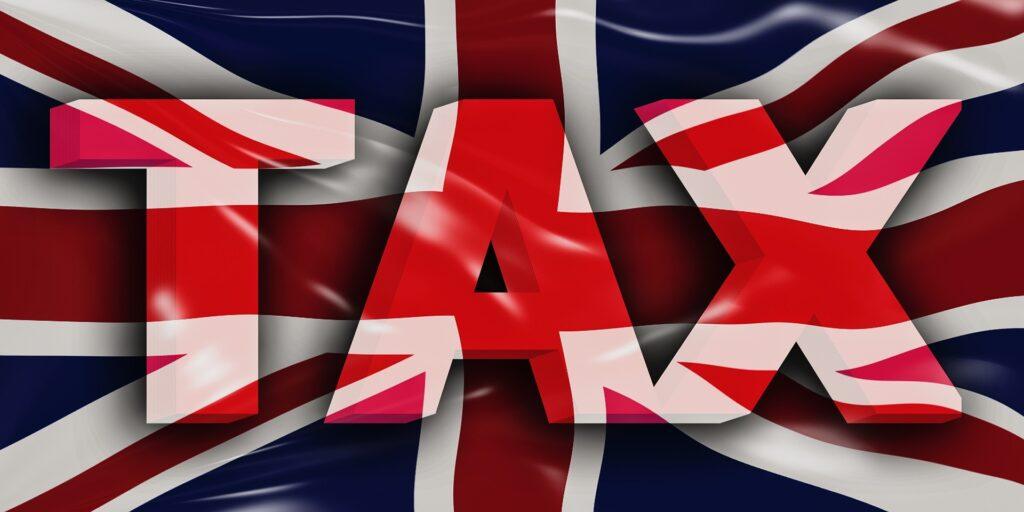What is IR35?
IR35 is tax legislation to determine a genuine business from a disguised employee to reclaim the additional PAYE tax and NICs that they would have paid as an employee.
It is aimed at personal service companies (limited company contractors) who may be working more as an employee of their end client rather than providing a genuine B2B service,
The in-payroll working rules (inside IR35)
To be inside IR35 means that you are, for tax purposes, considered an employee of your end client and subject to PAYE.
If you are operating inside IR35, you need to ensure that the appropriate taxes and insurance contributions are paid usually at the end of the tax year. Discuss this with your accountant. If you change your working practices, ensure that you reassess your status.
From April 2021, if contracted to the public sector or medium-large private sector business, the fee-payer (usually a recruitment agency) is required to deduct your tax and National Insurance Contributions. Many agencies and clients aren’t able to manage contractors through payroll. Many will only engage you via an umbrella company, which acts as your employer. There is usually a fee involved.
The off-payroll working rules (outside IR35)
The off-payroll working rules can apply if a contractor provides their services through their own limited company or another type of intermediary to the client.
An intermediary will usually be the contractor’s personal service company, but could also be any of the following:
- a partnership
- an individual
The rules ensure that workers who would have been an employee providing their services directly to the client, pay about the same Income Tax and National Insurance Contributions as employees.
To be outside IR35, means you are operating as a genuine business. In this situation, you can pay yourself a salary, draw the remainder of income as dividends, and remain responsible for your taxes as usual.
In this situation, if engaged to the public sector or medium-large private sector business, your client is responsible for determining your status.
What is the small company exemption?
The new legislation contains an exemption for when the contractor’s client is a small company. When it meets two out of three of the conditions below, it is deemed small:
- an annual turnover of less than £10.2 million
- a balance sheet total of less than £5.1 million
- fewer than 50 employees
The onus is on the small client to provide evidence of their size to the contractor or agency. If requested to do so, this is required within 45 days.
 Don’t ignore the rules
Don’t ignore the rules
The IR35 rules can be confusing but should not be dismissed. IR35 is the law. To keep on the right side of HMRC, check your situation if you are in doubt. Contact us if you think we can help you.


 Don’t ignore the rules
Don’t ignore the rules